Tag: Meaning
Instant Happiness
What is one small thing you could do today that would make you happy?
4 Universal Truths Like Gravity


Photo by GMB Fitness on Unsplash
—
7th grade + A gymnastics balance beam + Me fooling around = An awful black eye + An important lesson
—
We can defy gravity but we better not ignore it.
—
Here are four universal truths, like gravity, that I’ve picked up along the years. Defy them at will. Ignore them at your own peril.
—
1 – We are evolutionary work in progress.
Our personal growth is limited by the constraints of the evolution of our species. We can only be what nature allows us to become, and we are not that different from the Homo sapiens of 100,000 years ago.
Make peace with the fact that there are a bunch of unconscious and involuntary survival forces at work in you that you cannot eliminate.
—
2 – We are meaning making machines.
We need meaning to make sense of life, and at the same time, meaning doesn’t exist in itself, we make it up. Meaning is not finding a purpose for experience, meaning is deciding to make experience purposeful.
Don’t look for what your life means. Create meaning for where you are right now.
—
3 – We are the quality of our mind.
Ever notice how some people who live in shitty conditions can live rather happy lives? Whatever our reality, we can only experience the world through our mind. This means the quality of our experience depends on the quality of our mind. Quality of life is quality of mind.
Improve the quality of your mind through education and introspection.
—
4 – We are slaves to our beliefs.
Beliefs are like sunglasses — like it or not, they color reality. Good or bad, right or wrong, whatever we believe determines how we perceive and interpret everything that happens. We can change our beliefs, but once accepted, we can’t erase the color they impose on us.
Regularly review how well your beliefs are working for you.
—
What universal truths would you add to the list?
My Mom


On September 18, my mom, Jorgina, turned seventy. It was a wonderful celebration, even though the other half of the family that doesn’t live in the Azores participated only for a few moments via a video call.
Seventy years made me think about the inevitable, the inescapable, the undeniable. Death. Make no mistake. My mom is a badass. She’s easily got another thirty years in her, and she will definitely not go gentle into that good night. But still, it will happen, and it doesn’t feel nice.
This past Saturday, after my coaching sessions at IESE Business School, my colleagues and friends, Conor Neill and Tony Anagor, and I stood in the parking lot and chatted under the beautiful Barcelona sun.
We talked about how we sometimes struggle to slow down, to stop, to do nothing. Tony said he recently listened to a podcast that suggested we read a poem to help us become more mindful and slowdown. This is the poem:
—
Be here. Not there.
—
That’s the poem. Be here. Not there.
Back to my mom. So grateful for this poem! If I’m there, at the future moment of her death, I’m bound to worry and suffer. If I’m here, at the present moment of her seventy years, I’m bound to celebrate and feel happy.
My mom will die. I will die. I don’t know what it will be like. But it seems pointless to stop living the present to worry about a future I can’t change. So for now, I choose to stay here, happily celebrating her seventy years.
Love you, mom.
What Is Your Problem?
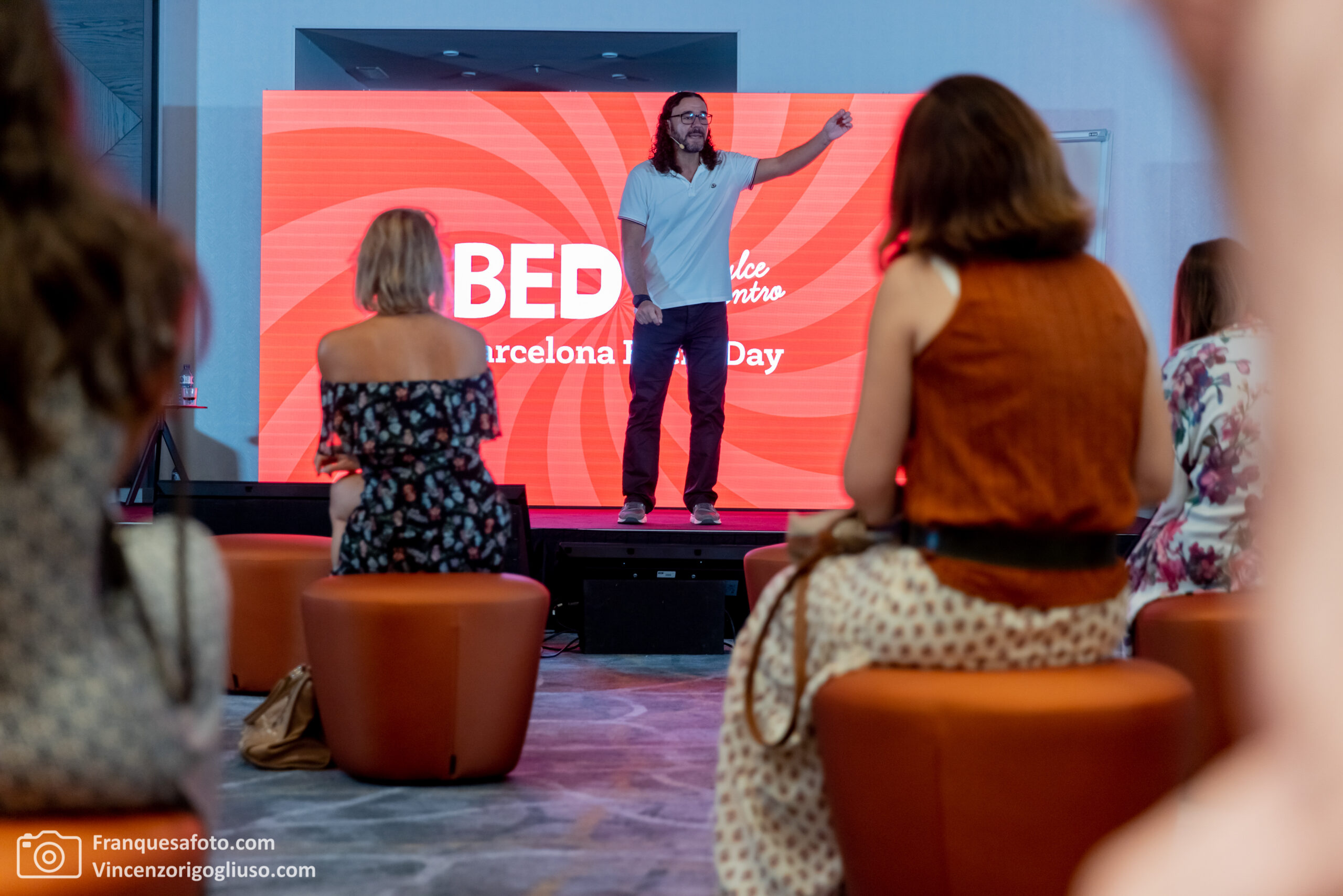
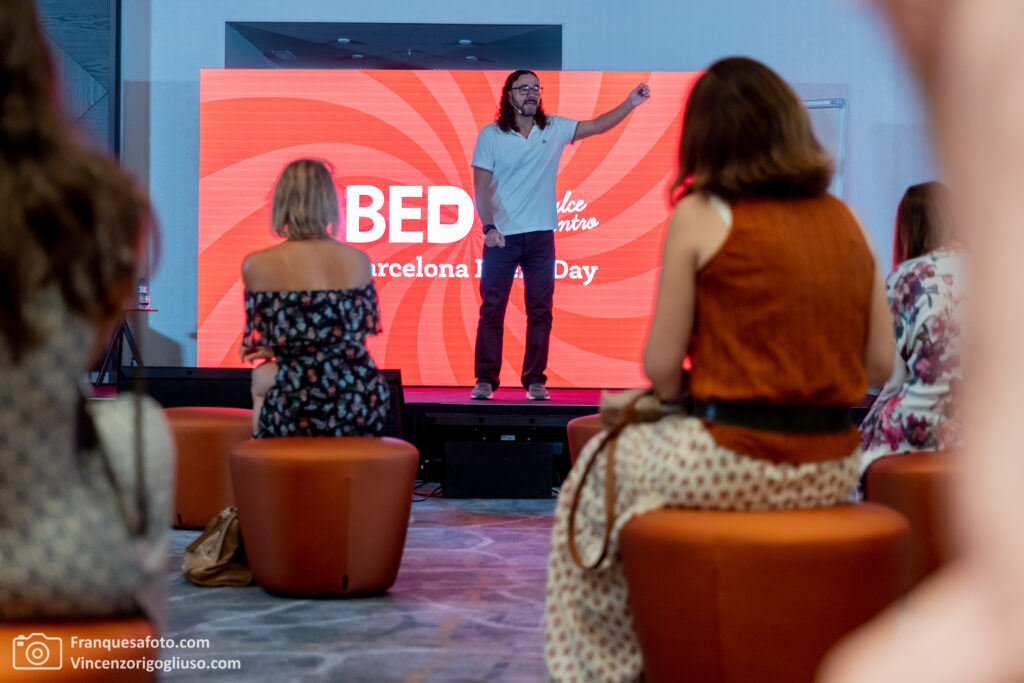
—
For the audio version of this post click below.
—
On July 6th I gave my first fact-to-face speech since the lockdown. I spoke at the BED Event in Barcelona for professionals of the events industry, both event organizers and providers. My question for them was: What is your problem?
One way of making sense of life, is to view the situations we face as a series of problems. For example, getting a degree, finding a job, and raising kids can be seen as “problems” we face in life.
Problems fall into one of two categories:
- Problems-we-have. Examples could be: I want a promotion; I want more clients; I need someone in my life. What do these problems all have in common? In all of them we occupy the center stage and the spotlight is shining on us.
- Problems-we-solve. Examples could be: I want to participate more in the company’s success; I want to serve more clients; I’d love to share my life with someone special. These problems have in common the fact that other people occupy the center stage and the spotlight is shining on them.
—
Generosity is the highest form of fulfilment.
—
Notice how both types of problems deal with the same situations and the same people. The difference is who the problem is about: us or others. Now look back on the lives of your role models. Was it a series of problems-they-had or problems-they-solved?
From what I’ve seen in my 45 years, it is much easier to deal with the challenges we face, both professionally and in our personal life, when we transform problems-we-have into problems-we-solve by moving our butts away from the center stage and shinning the spotlight on others.
—
So what problems are you solving at this point in your life?
Given the recent changes in the world, what new problems could you solve?
—
Wisdom for Teams #14
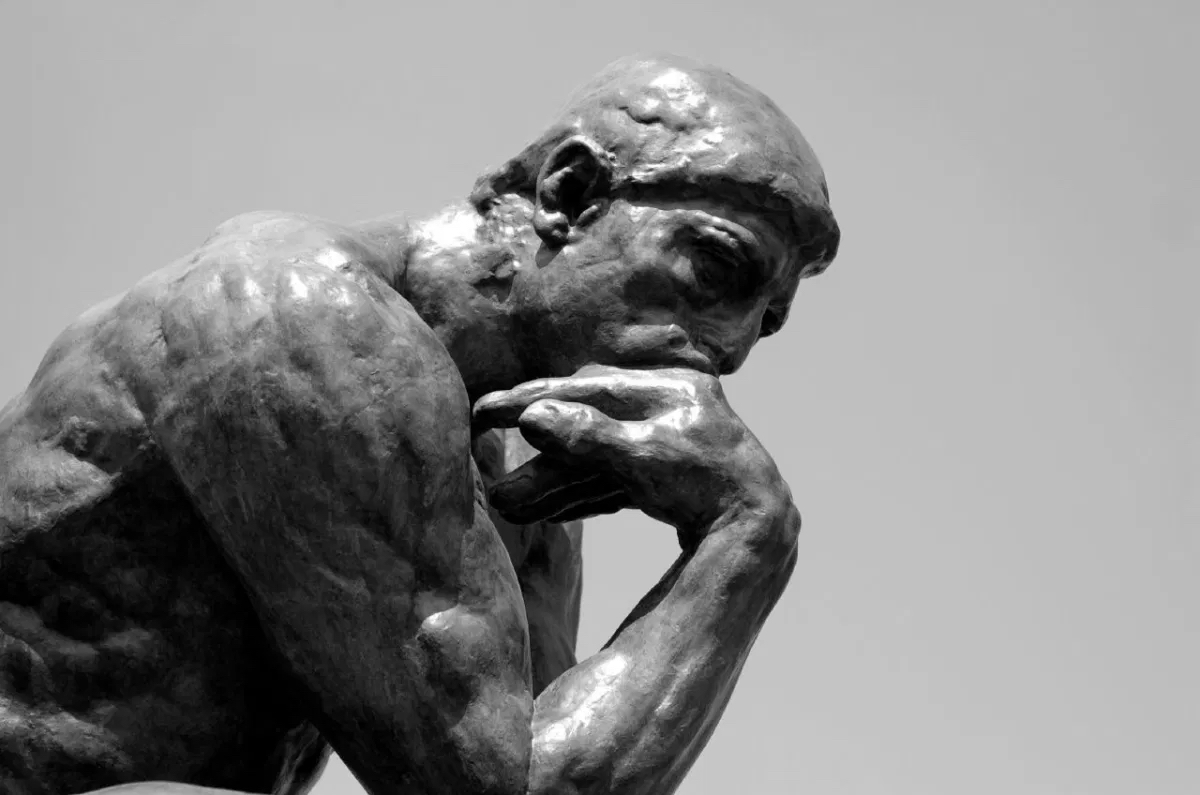

—
“The unexamined life is not worth living.”
—
SOCRATES (c. 470 – 399 BC), Greek philosopher credited as one of the founders of Western philosophy.
Discover How Altruistic You’ve Been Lately


—
Every year for the past nine years, I coach the students of the Executive MBA Persuasive Communication Program from IESE Business School in Barcelona. Inevitably every year the question about how to deal with nerves comes up.
I begin by saying that whether we intend to or not, nerves are an act of egocentrism because the spotlight is placed on us as the speakers. The alternative is to shift the spotlight to our audience and our message.
If we focus on giving the gift of our message to our audience so that they walk away better off, we stop thinking about ourselves. No more nerves — our mind is engaged in something much more important.
We move through life in a similar way. We either put the focus on ourselves or shift the spotlight to making other people’s lives better. In the first case, we can end up obsessing over ourselves and our life, we can end up feeling dissatisfied with how far we are from where we planned to be.
In the second case, we are engaged in something that is greater than us, which gives us meaning and the necessary resilience to face the challenges that life throws at us.
On who do you shine the spotlight?
Here’s a exercise that might indicate where you’ve been putting the light. Access the photos on your smartphone. Who tends to be in the spotlight: you or others?
The Golden Rule is Making the World Worse
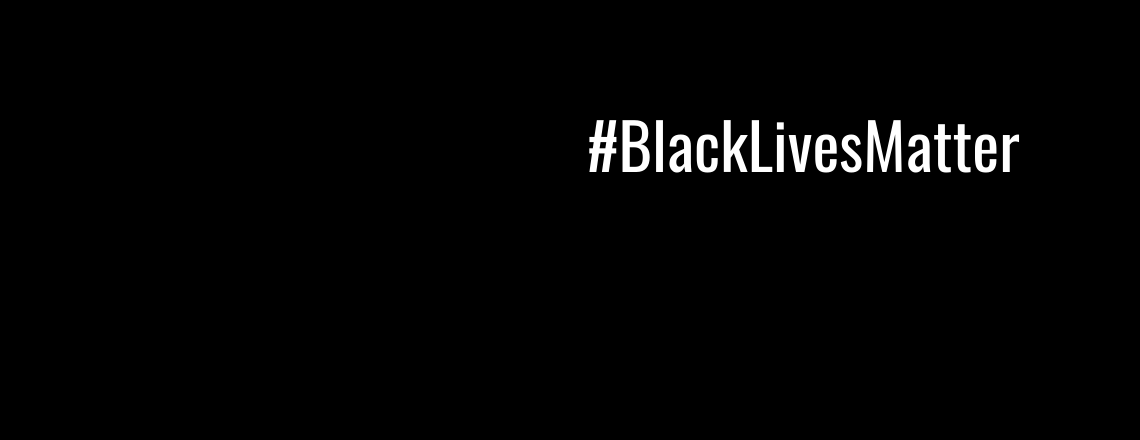
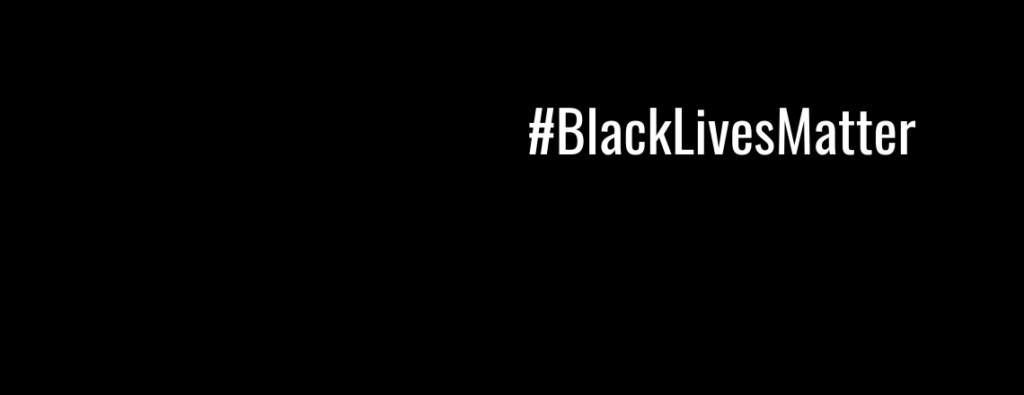
—
The Golden Rule — treat others as you would like others to treat you — is well intentioned in that it asks us to extend fairness and respect to others. But the outcomes are not necessarily good.
—
The problem is that it is based on a fundamentally flawed assumption.
—
The assumption that you want what I want, that fairness and respect mean for you what they mean for me. And this is rarely true. This is particularly relevant given the evils caused by the racism and the violence we’re seeing these days.
It is so easy to fall into the trap of assuming my way is the right way, and then to treat others as I think I should, without taking into account what they want. This is dangerous because it can make them feel disrespected and I might end up resenting the fact that they are being unappreciative of my efforts.
And we don’t have to go halfway across the world to make a difference. This applies to how we treat people at work, at home, on the streets, and in social media. Lest we come across as jerks, we want to be careful NOT to treat others like we would like them to treat us, unless we’re sure that is what they really want.
—
Never assume you know what others want. The alternative is to practice empathy.
—
The golden art of putting ourselves in their shoes to figure out how they would like to be treated. And we will probably be surprised by how much that can differ from what we expected to be appropriate.
If we are going to build a more fair, generous and compassionate world, we’re going to need a better rule. Here’s an iteration:
—
THE GOLDEN RULE 2.0
Treat others as THEY would like to be treated.
—
#BlackLivesMatter
The Trap

Warning: This post is a rather thick philosophical “steak”. If you don’t have much of an appetite, you can save it for later. If you do, take your time and enjoy.
Who is it that is aware that I am thinking?
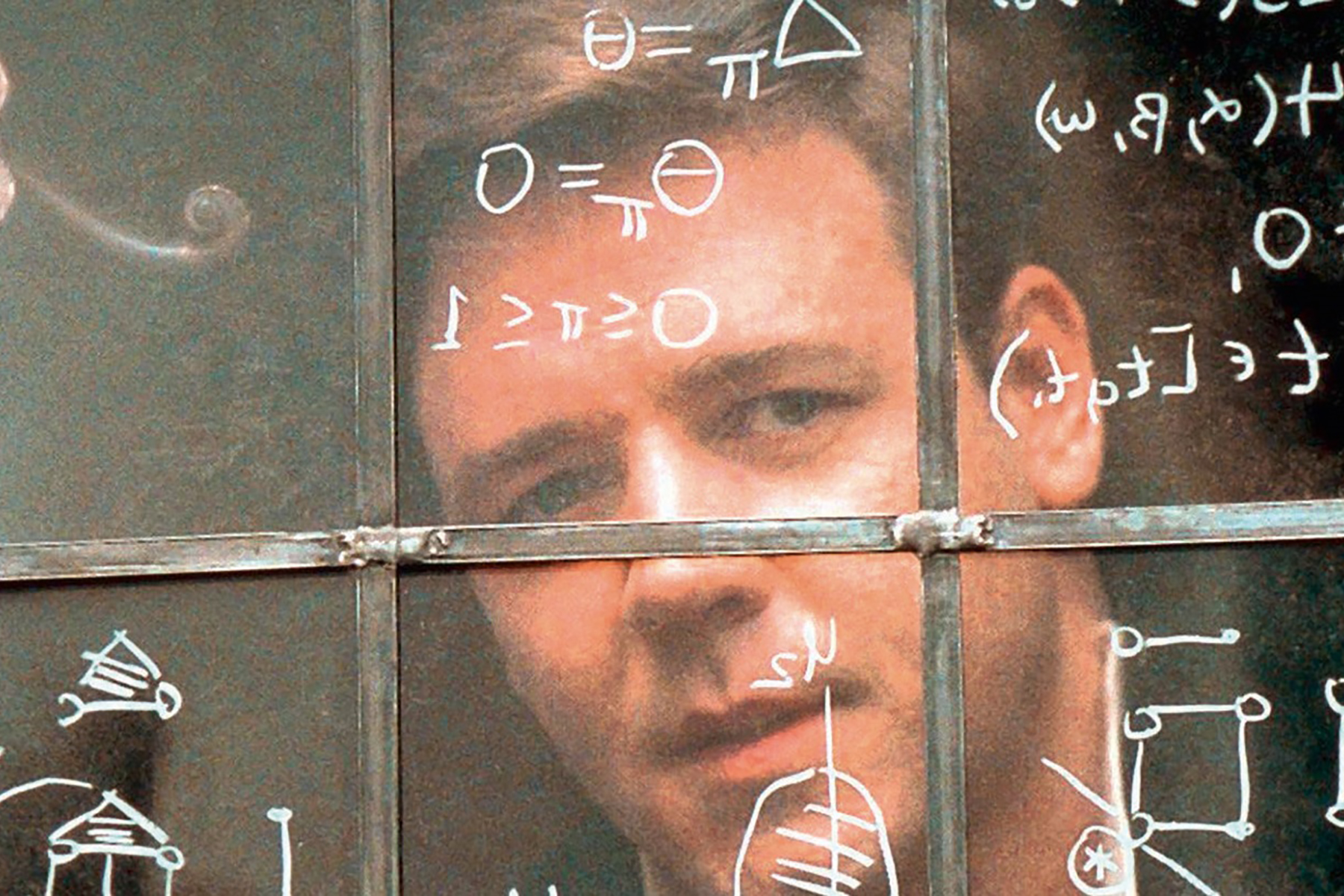
Let’s start with a demonstration: While you’re reading, can you hear what you’re thinking? Catch yourself thinking. Is it What’s he talking about?, Where’s he going with this? or something else? Go ahead…
Did it? Good! Now, who did that? Who was it that just became aware that you are thinking? You? The same you that was thinking while you were reading?
Before we answer this, notice these two distinct ways of thinking: you can think without noticing you’re thinking, and you can think, aware that you are thinking.
Thinking without noticing you’re thinking is a curse.
Einstein thought that doing the same thing over and over again and expecting different results is the definition of insanity. When life isn’t as good as we want, thinking without being aware of thinking is a curse.
It’s a curse because you’re trapped in the process of thought that creates your reality and trapped in the reality that reinforces your thoughts — round and round in a vicious circle that produces and predicts the same results over and over.
In order to create new thinking, we want to break free from the thinking trap that produces undesired results. Here’s how:
Awareness thinking is to become aware
of the thought processes that go on in your mind.
In awareness thinking, there’s your thoughts and then there’s something else that notices your thoughts. That something else is… YOU! You break free from the trap because you become aware that you are NOT your thinking.
You see that your thoughts — like your hand — are not you. If your hand is cut off and dies, you do not die with it (unless you don’t treat it). This realization releases us from the domination of thought, enabling us to create new thinking.
As Stephen Covey, author of The Seven Habits of Highly Effective People, said:
The way you see the problem is the problem.
The way we see the problem is thinking without being aware that we’re thinking. But to look at the way we see the problem gives us awareness of our thinking and that it is governed by a set of principles that lead to a set of outcomes.
Becoming aware of the thought process and it’s principles gives you the opportunity to create new principles, thus leading to new outcomes.
A real example: Nobel Prize-winning mathematician, John Nash, on whom the book and film “A Beautiful Mind” are based, was diagnosed with paranoid schizophrenia.
(BTW, “schizophrenia”, from the Greek, literally means “a splitting of the mind” — befitting, seeing we’re talking about two split ways of thinking.)
Awareness of thinking
frees you from the trap of thinking.
After years of treatment, Nash chose to stop taking medication and decided to reject his delusional thinking habits. As a result, Nash willingly “thought” himself out of this disorder:
“I began to intellectually reject some of the delusionally influenced lines of thinking which had been characteristic of my orientation. This began with the rejection of politically-oriented thinking as essentially a hopeless waste of intellectual effort. So at the present time I seem to be thinking rationally again.” John F. Nash, Jr. – Autobiography
Awareness of his delusional thinking freed him from it. Aware of his thinking, Nash was able to see its effects (a waste of intellectual effort). This became the new governing principle for the thought process that rejected the delusional thoughts.
If there’s a lesson here, it might be: When suffering, trapped in my thoughts about reality, ask the question: Where is the who that is aware that I am not my thinking?
Love to hear your comments!!
Rage Against The Dying Of The Light

In this poem “Do Not Go Gentle Into That Good Night”, Welsh poet and writer, Dylan Thomas proclaims that the wise and good do not go gently into the good night of death.
Instead, they rage against the dying of the light, against the demise of what wisdom and good their words and deeds may have effected in the world.
Though good and wise leaders must die, as we all,
their light need not follow them into the good night.
It is now our journey to carry on their work and to “rage, rage against the dying of the light.”
The Impact Of Unconventional
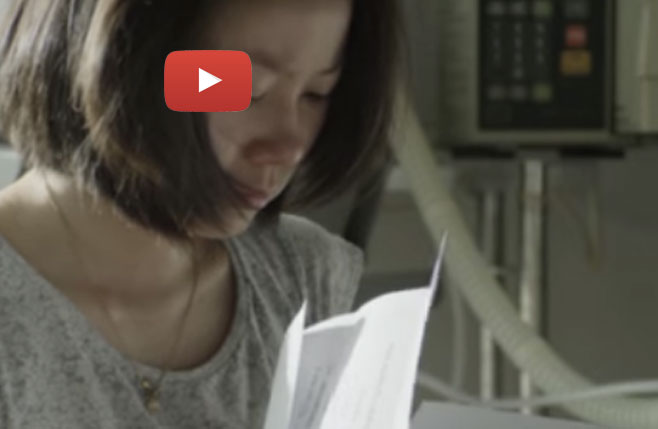
The video above got me thinking about the impact of unconventional gestures of generosity on our lives. If you haven’t seen it, please do so – it’s more important than what you’ll read here.
If traumatic events can stick with us forever, acts of generosity fuel our motivation for a lifetime, especially if they’re unconventional and do not conform to typical conduct.
In the video, no one expects a thief – especially a youngster – to be “rewarded”. What strikes me is not that it‘s extreme, but that it doesn’t follow the usual expected behavior.
The effects of unusual kindness go far beyond feelings of gratitude.
Unconventional generosity is a credible way of saying two vital things: I believe in you, and you are worthy of appreciation. There’s nothing more important to say in life than this.
When it comes to self-confidence and self-acceptance, words only go a certain distance. Sometimes, saying “I believe in you” and “You’re outstanding” isn’t enough. Sometimes, you need to show you believe and appreciate.
Much more than words, actions are credible – you can see them, recall them, hang on to them. They’re the fuel of our motivation.
Being unconventionally good makes a difference.
This also applies to our professional network. Things like putting yourself on the line for someone you don’t really know, giving a compliment just because, stopping to notice when no one else does or giving the new guy a place of honor make a huge difference.
Maybe you won’t see the effects of the good you’ve done. Maybe you won’t get the credit you deserve. Maybe you won’t reap the fruits thirty years later. Maybe.
But people like the man in the video just won’t let you forget that being good is not about good rewards. It’s about better people!
Know that all unconventional generosity has an impressive impact. Trust that it reaches beyond the sense of gratitude out on to the sacred fields of self-confidence and recognition. Follow on. Follow on.
Be unconventionally good! It works.

